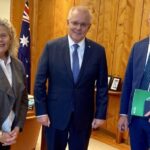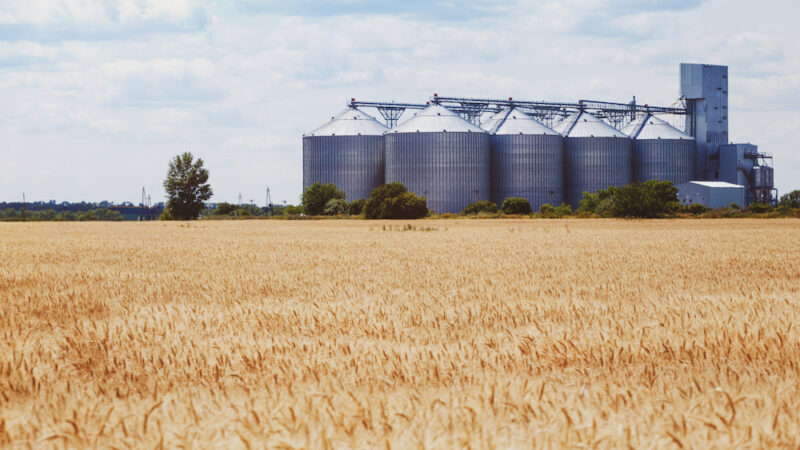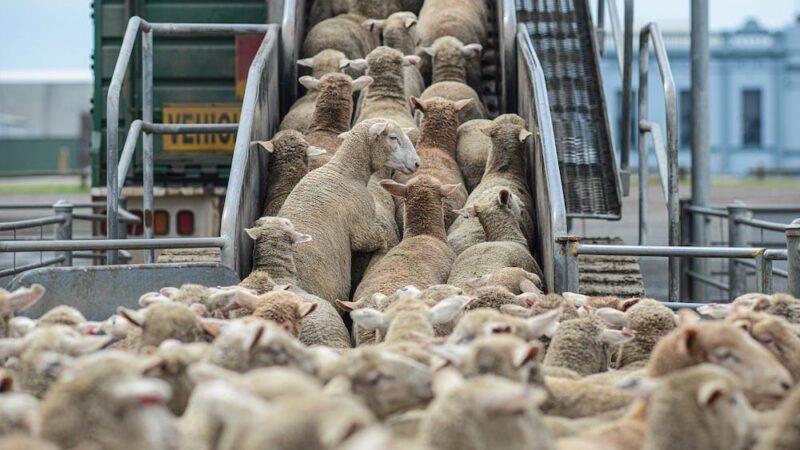The National Farmers Federation�s (NFF) calls for investment in regional Australia to star in the…
Federal budget biosecurity boost � at a cost
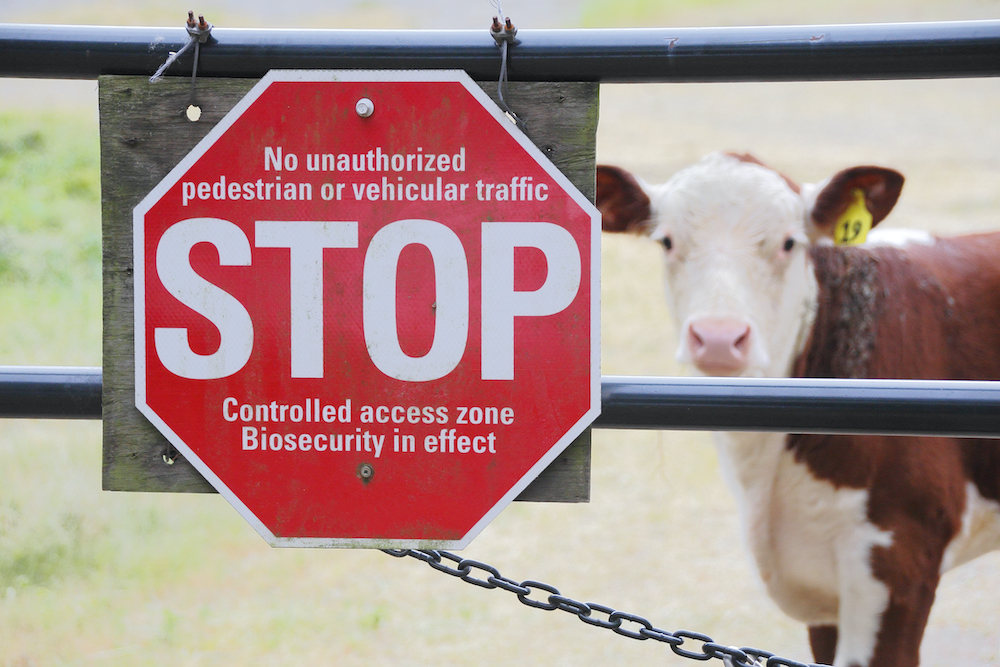
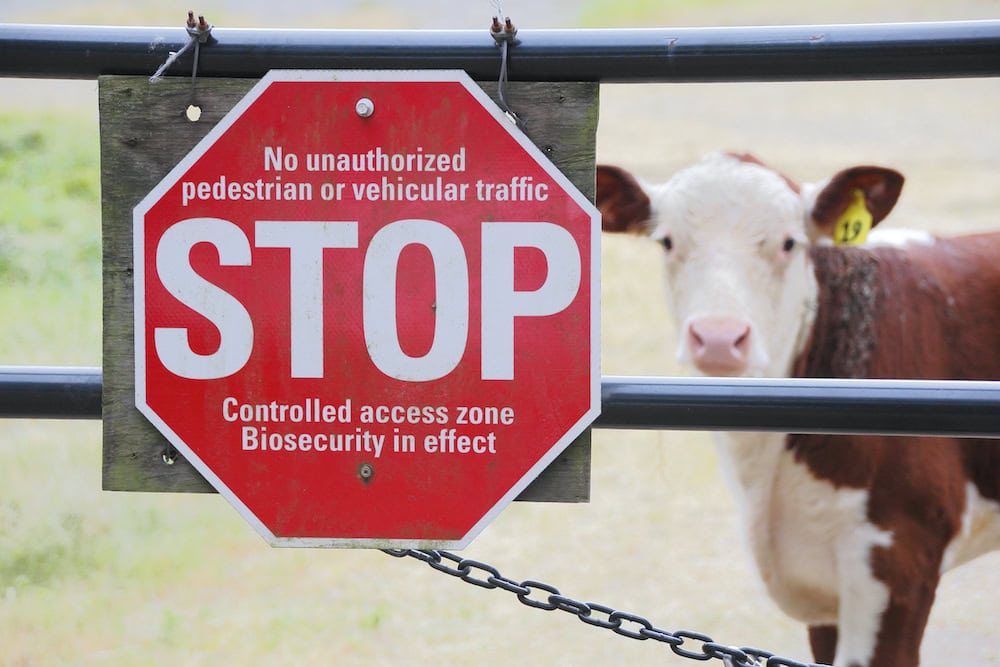
The lead-up to the federal budget announcement this month saw significant buzz within the farming sector, surrounding the wide-ranging subject of biosecurity program modelling and funding.
The week prior to the budget release, NSW Farmers Biosecurity Committee chair Ian McColl said more funding for biosecurity would be very welcomed.
�There are no second chances when it comes to biosecurity, which is why we have been calling for action and welcome progress,� Mr McColl said. �A single, widespread disease outbreak could cause billions of dollars in economic loss, not to mention extensive damage to agriculture, tourism and the environment.
�We need to ensure authorities are properly resourced to prevent � and respond if need be � to pest and disease outbreaks, and this increase in funding is a good thing.�
In discussing the move with the media just prior to Budget Night, Agriculture Minister Murray Watt said he wanted to make �the beneficiaries of the (biosecurity) system pay their share as well because it�s in all of our interests to keep agriculture safe and have a strong biosecurity system�.
Mr McColl said farmers already made a huge contribution to biosecurity, and the federal government should not �double dip�.
�We already pay a large amount in fees and charges, and also through the investment of levy dollars � many of our levy dollars go to biosecurity � to help support Australia�s biosecurity system,� Mr McColl said.
�The big threat we�re facing is from pests and diseases coming in from overseas, which have the potential to devastate our economy and shut down multiple industries � from agriculture to tourism.
�We welcome a commitment to a long-term, sustainable biosecurity funding model, but double-dipping into agriculture is not the way to do it.�
Opportunities missed
When the budget was finally announced, the NSW Farmers� Association announced its disappointment that the federal government missed what it termed �key opportunities� in the federal budget to strengthen Australian agriculture and rural communities.
President of NSW Farmers Xavier Martin said the federal budget has �fallen short� of expectations, particularly around the significant biosecurity threats Australian farmers face.
�At first glance, $1 billion in extra funding to strengthen biosecurity measures sounds great, however, it�s farmers that are being told to pay for it with a new �biosecurity protection levy�.
�Biosecurity is a significant threat on many levels, not just for agriculture, but for the Australian economy in general. It�s risk creators, the people exposing our country to deadly diseases and pests, that should be bearing the brunt of the cost, not farmers who are growing our food and fibre. Sure, importers will be paying slightly more but quite frankly, it�s not enough.�
Local strain on smaller farms
Mrs Jan Fletcher, treasurer of NSW Farmers� newest branch of Far North Coast, agreed that the new biosecurity levy announcement was unlikely to win over many in the farm community.
�Biosecurity is a federal government responsibility, just like defence and transport. Farmers can’t face the impost of all the fees that have been levied against us. We already pay dues at the yards, and the LLS levies,� she said. �All Australians benefit from the food that we produce, either by eating the food we produce, or benefiting from the income we earn as exporters � so why are we seen as the end users, in a �user pays� system like this?
�We aren�t end users at all, but we certainly are the end of the line in that we can�t pass on our costs.�
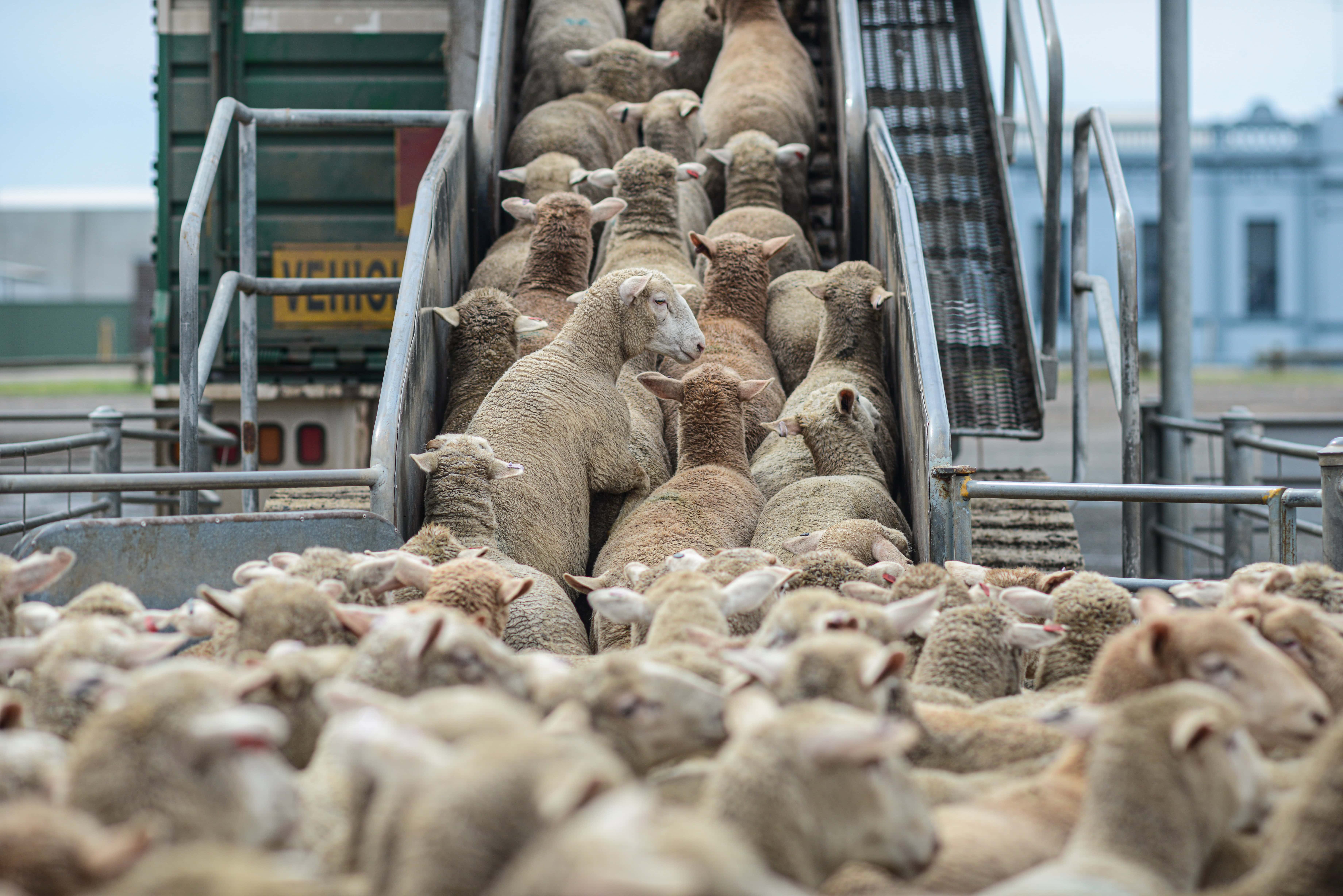
Mr Craig Huf, Burringbar farmer and Chair of the same Far North Coast branch, commented that the new levy could be the final straw for local farmers, which would mean less local produce overall.
�Up here, we have smaller properties, so we already have a lot of farmers teetering in the balance as far as their farm being commercially viable. There is regularly discussion in our branch by members that the more government imposts and levies we have, the closer our farmers get to exiting the industry, deciding it�s simply not worth it anymore. The more that happens, the more you just get lifestyle farmers, which means on an LGA basis, there�s less local produce being farmed.�


